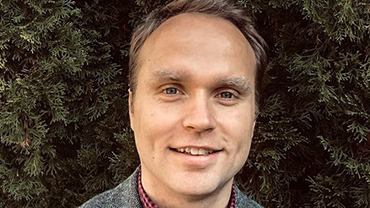The online graduate programs in History at Eastern Illinois University offer students a fully online format, flexibility, affordable tuition, close personal attention from faculty, and numerous opportunities for developing and practicing the skills of independent research, writing, and critical analysis.
Students gain essential preparation for doctoral work in history, teaching careers at the community college and secondary levels, archival and museum work, law school, government service, and many other professions. Recent graduates have gone on to leading Ph.D. programs or into successful careers in an array of fields requiring research skills, clear writing, creativity and critical thought.
The curriculum combines traditional subjects with innovative, thematic courses in social, cultural and women's history. Students study closely with a faculty whose scholarship is internationally recognized. The department annually awards graduate assistantships and fellowships to highly promising students.
Request More Information Apply Now





